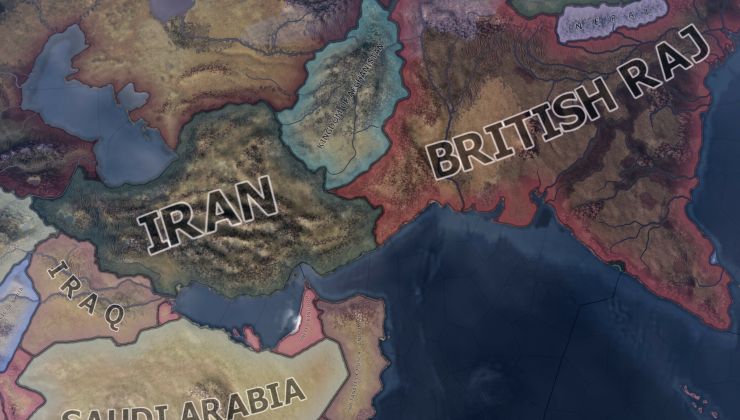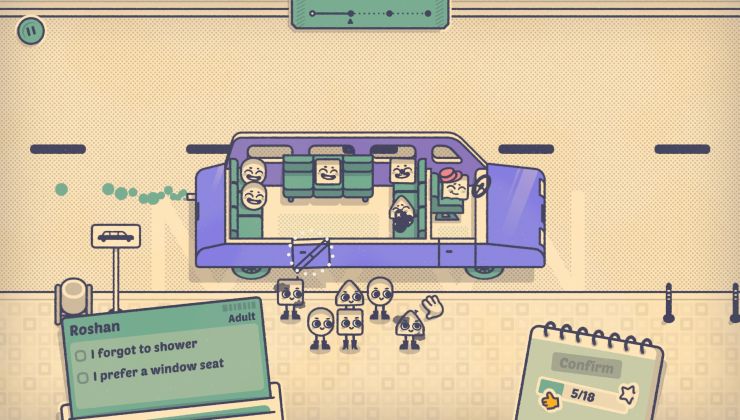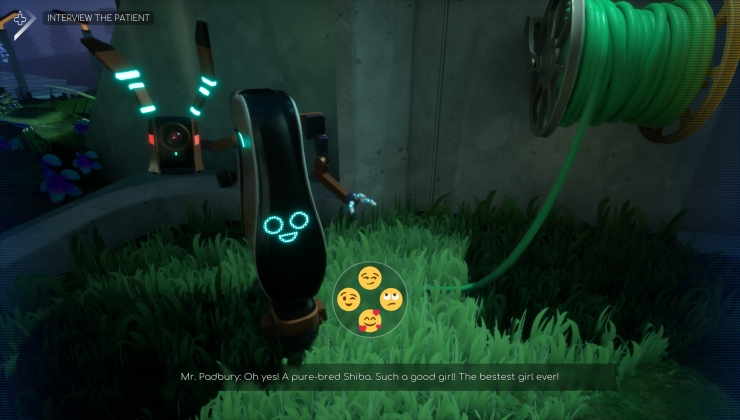Well this is exciting! Even more people will be able to play games on Linux from today, as Google announced Steam on Chromebook is now in Beta. For those less technically-minded reading, Chromebooks run ChromeOS, which is Linux.
Back in March it was in Alpha, and it was pretty severely limited in what systems it supported and what it could play but that changes today. In the announcement, it's mentioned that this stage brings with it "broader availability, an improved user experience, and better performance and compatibility for more of your favorite games".
Part of bringing it to more people is that it moves from ChromeOS Dev to ChromeOS Beta, meaning while Chromebook users still need to switch over to it they're likely to see far less system issues overall while testing. On top of that, Google are now supporting AMD Ryzen 5000 C-Series and Intel 12th Gen Core CPUs and lowering the minimum CPU requirement to i3 / Ryzen 3.
Another big improvement is how they handle storage. Some games need to download additional data outside of Steam, so they entirely reworked that and this gave an additional benefit like improved filesystem access performance for Windows games in the Proton compatibility layer. Power management was also upgraded, adding in power notifications on top of full-screen games.
Tons of other improvements like DirectX 12 and Vulkan 1.3 support, improving shader storage and so on. The list of games they've tested and recommend has grown but still on the small side.
Full changes includes:
- Added various game-specific tweaks
- AMD Ryzen 5000 C-series support
- Avoid sleeping when game indicates activity via dbus
- Changed shader cache format to reduce disk footprint
- Initial DX12 support
- Enable pointer lock by default (without the #exo-pointer-lock flag)
- Fixed some cases previously resulting in GPU hangs
- i3/R3 device support
- Improved battery life from reduced CPU overhead in Vulkan and DirectX titles
- Optimized display pipeline when scaling
- Improved GPU rendering performance with transparent huge page support
- Improved handling switching between apps and full-screen
- Improved keyboard handling; for example, the launcher key now works when the Steam client is focused
- Improved window management support
- Include Chinese, Japanese, Korean, and Thai fonts
- Increased size of shader caches
- Intel 12th Gen core support
- Low battery notifications
- Mouse cursor fixes
- New installer and splash screen
- Revamped storage management
- Fixes games that install additional content outside of Steam
- Improves file access performance for Proton games
- Note: alpha users will need to uninstall and reinstall Steam so these changes can take effect
- Device no longer sleeps while games are downloading in the background.
- Shader caches persist until software update
- Show all low-battery notifications while gaming in fullscreen
- Vulkan 1.3 support
- Vulkan and GL performance improvements
- xshape support for games/launchers with transparency
Instructions can be found here.
Whether or not ChromeOS can make a dent in the higher performance segment where having Steam could be more relevant, remains to be seen. In the meantime, I now can play my Indie game collection on my Pixelbook, so that's great! :)
All that being said, making Steam available on more platforms can only be a good thing, in my opinion.
1. ChromeOS is known for being easy to use, stable, and secure, despite its Linux heritage. Why is that? What makes popular distributions like Ubuntu, Mint and Fedora worse in usability? Doesn't Google need to release the sources for patches that touch the kernel?
2. ChromeOS is not released under a free license, despite the obligations of the GPLv2 (although ChromiumOS is). This is similar to the deal with Android, from what I know. How did they manage that, I wonder? Do any improvements to the desktop experience make it back to mainline Linux? I know of Mozc and some fonts as examples.
I've always had some questions about ChromeOS that I've long tried to find answers for, but with little luck. Maybe someone here knows?It has very few features. My wife has one. As long as you only want to do the very basic things it provides, you're good. Anything else, it pretty much won't do. Even making local copies of files is difficult because it wants you to keep them on Google Docs and such, in the cloud.
1. ChromeOS is known for being easy to use, stable, and secure, despite its Linux heritage. Why is that?
I would presume that extreme simplicity makes it easy to maintain.
(Luckily, my wife's computing needs are in fact very simple, so it works fine for her most of the time. When it doesn't, that's that--I have to do it on my proper Linux computer, because ChromeOS just won't.)
I've always had some questions about ChromeOS that I've long tried to find answers forChromeOS big advantage over other user friendly distributions is that its a very focused OS, optimized around, and limited to, solving only the most common mainstream use cases. Plus it comes pre-installed on a device that is built for and certified to run it.
There really isn't any closed source secret sauce for usability that Google isn't contributing back. ChromeOS vs ChromiumOS is more about controlling trademarks and ensuring devices get certified.
A lot of the same considerations Valve has concerning the Steam Deck, which is a more modern take on a lot of the same usability concepts just with a different target audience.










 How to set, change and reset your SteamOS / Steam Deck desktop sudo password
How to set, change and reset your SteamOS / Steam Deck desktop sudo password How to set up Decky Loader on Steam Deck / SteamOS for easy plugins
How to set up Decky Loader on Steam Deck / SteamOS for easy plugins
See more from me